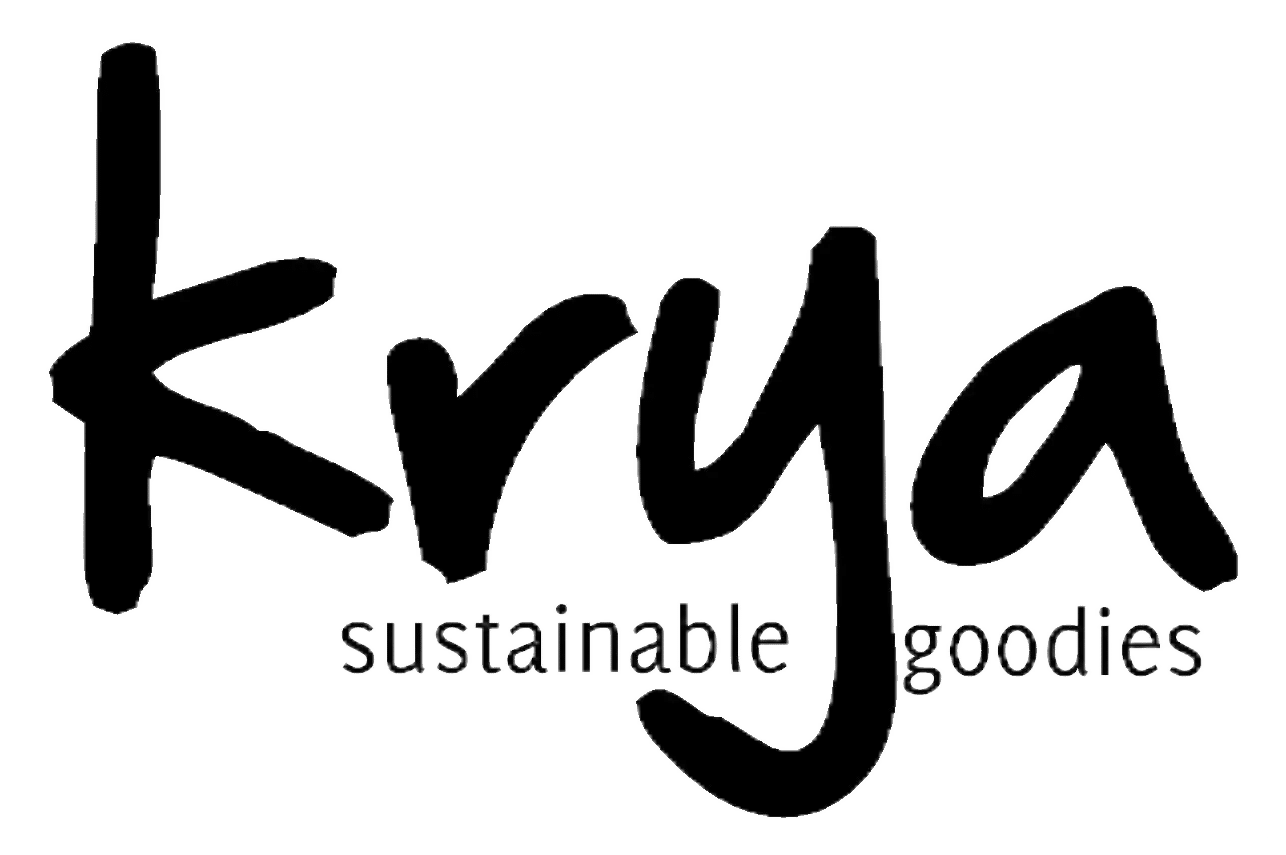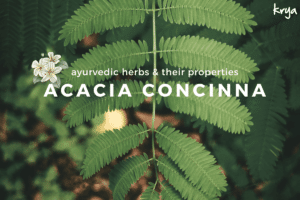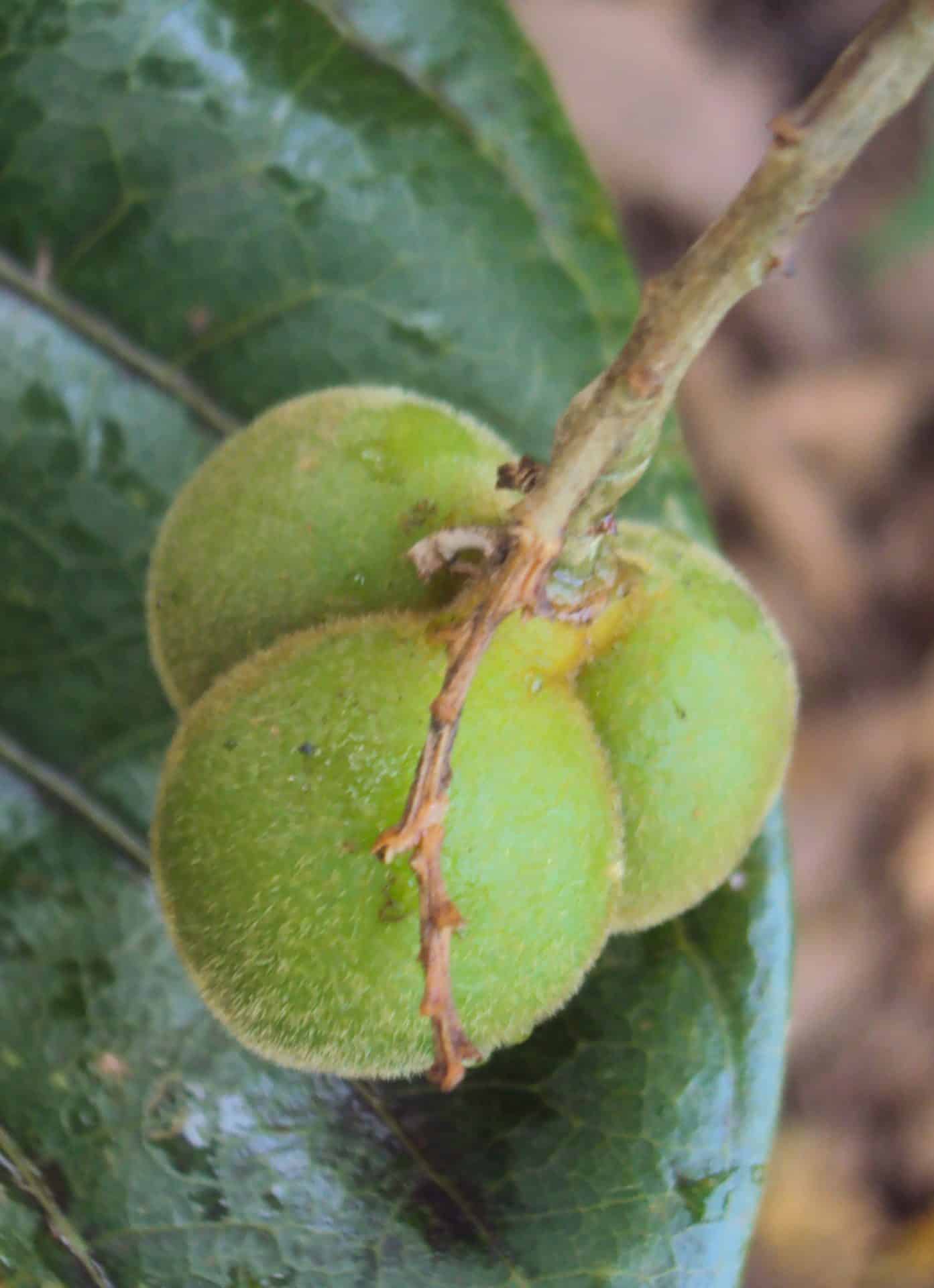We are often asked about the nutrient value of the many herbs we put into our formulations. Our formulations are quite complex, sometimes using upto 35 different ingredients in a particular formulation and these combinations of specific herbs have been worked on , drawing from the wealth of ethnobotanical knowledge we have access to and what traditional medicine says about each individual herb.
The Krya herb Wednesday series on the Krya blog was born to revitalize our collective interest around herbs and give us a chance to talk about and hopefully demonstrate how diverse, long reaching and powerful herbs are in their action.
All of us were in production today to get trained on the Krya Kids Ubtan , its benefits, what goes into the product and what are the special challenges in making the product.

While discussing the benefits of having a bath in one of our ubtans vs a regular soap, PS , brought up an interesting observation. Compared to having a bath with a synthetic soap, she felt that our ubtan gave longer lasting deodorizing action, and she remained sweet smelling and fresh much longer despite working in high heat and humidity.
Nutgrass : the ayurvedic deodorizer
Nutgrass also called Nagarmotha or Mustha / Mustaka in Sanskrit and Cyperus rotundus in Latin, is a gorgeous underground tuber that is used in Ayurveda and Siddha for various ailments. Despite its name, it has nothing to do with a nut, and is a starchy underground tuber that has been eaten by many ancient civilizations. Cyperus rotundus is native to Africa, Southern & Central Europe and Southern Asia.
Cyperus rotundus has been used across time by different systems of medicine. Ancient dental records in central Sudan dating back to 6700 BCE suggest that the low frequency of dental caries in that population may be attributed to their consumption of this tuber. Ancient Greek physicians like Pliny the elder used it both as a medicine and as a perfume. Traditional Chinese medicine mentions this as a “qi regulating” herb.

Nutgrass in Ancient Ayurveda:
Musta has been celebrated in ancient ayurveda as a herb that can be used to treat a wide variety of illnesses. Acharya Vagbhatta has called it the herb that can be used to cure any type of “jwara” or fever. It is also considered a “dipaniya” (appetizer), pacaniya (digestive) and sangrahi (anti diarrheal herb).
Acharya Charaka categorises Mustha as a trishna nigrahaniya (thirst reliever), kandughna (fever reducer). Importantly, Mushta is a “amapacaka” , a remover of ama / toxins.
Properties of Nutgrass:
Ayurveda considers Mushta to be astringent with a cold potency – so it allievates kapha and pitta , but in excess can aggravate vata. It is laghu (light) and ruksha (dry).
As the roots are fragrant and astringent and has several important medicinal properties, it is used both internally and externally. Its pharmacological properties include anti inflammatory action, anti pyretic and analgesic action.
Internally, Mushta is used in a wide range of diseases. It is an excellent herb to treat digestive disorders as it stimulates a poor appetite, improves digestion ad cleans out ama from the system. It is also a very effective vermicide, so it is often used to treat worms, and dental diarrhea in children. As it alleviates kapha, it is useful to treat asthma and chronic cough. It is also used along with Shatavari to treat menstrual disorders and in urinary infections.
Externally, Mustha reduces foul body odour due to excessive sweating, brings down pitta based skin conditions like itching, heat boils, etc, and is extremely helpful in skin diseases like scabies, eczema, etc. The essential oil when applied in the eyes reduces pain, redness and ocular discharge.
Ayurvedic deep cleansing: how an ubtan works to clean skin
The Ayurvedic texts list out the large and small orifices in the body in great detail and also enumerate the mala (impurities) that accumulate as a part of normal wear and tear from the dhatus in these orifices. Moisture of the tongue, eyes, mouth, excretions of the eyes, ears tongue, teeth, axilla, genitals, pimples, greasiness of facial skin, sweda (sweat) , sebum secretions of kesha (hair) are all mala from the dhatus (tissues). If this mala is not removed periodically, especially in seasons where the mala can increase, the body loses its health and appearance of well being.
It is only by thorough cleaning these minute pores , and removing debris and dead cells that could clog these channels, can the body be thoroughly clean.
The difference between a soap’s action and an ubtan’s action:
Synthetic products have a strong artificial fragrance that lull you into feeling that you are much more cleaner than you actually are. A soap dissolves oil present on the skin. Its lyophilic end surrounds the oil molecule and moves it away from skin as you pour water on it. This is an excellent property if you are cleaning an inanimate object like your car, but not if you are cleaning living tissue like your skin. If you use a soap on your skin, it will dissolve the sebum layer which is required to keep your skin moisturized and keep your barrier layer strong. This cleansing method is also quite superficial. A soap works on the outer layer of skin and dissolve oil and remove surface level sweat and dirt using a typical detergent action. But the sweat that emanates from the body in a few hours time continues to smell stale and unclean.

A herb based bodywash powder / ubtan on the other hand is much more subtle in its action – it combines exfoliant, temperature altering, scrubbing, micro polishing and surfactant benefits all into one. This is in direct contrast to a synthetic soap – the herb based bodywash / ubtan works by actually opening up and removing mala from the minutest of pores in your skin – so the instant difference after a bath is a feeling of lightness and refreshment. If you smell yourself a few hours later, your skin will not stink, even if you have been sweating profusely.
The grains and lentils and herbs in it are mildly acidic. They work by a process of adsorption and by forming a homogenous mixture with the excess oil, dead cells and dirt on your skin. The grains and lentils also contain small amounts of oil and other nutrients which coat your skin as you rub the mixture.
Because the herb mixture is mildly acidic, aromatic on its own and contains properties that keep down the growth of invasive fungi and bacteria, your skin is left intact after washing. As your skin’s acid mantle is left intact and its pH level is not altered, your skin is able to defend better against invasive micro organisms.
A herb bodywash is so much better than a soap in any season. In winter, it will prevent the dry, itchy, tight feeling a soap will give you after a bath. It will help conserve sebum and moisture which will be in short supply in the cold. In summer, a herb bodywash will give you an extremely clean and fresh feeling.
Specifically due to the addition of natural deodorizers like Nutgrass and Cassia auriculata, a herb bodywash like ours will remove sweat and odour much more efficiently and you will not feel as malodorous / sweaty as you would after using a soap .
So there you have it: that’s a brief glimpse into the properties of Cyperus rotundus, the Indian Nutgrass. The Indian Nutgrass is just one of the many hundreds of whole herbs we use to make our nutrient dense skin, hair and home care goodies. Our whole herb goodies are completely plant based, use whole herbs that are carefully processed and use absolutely NO synthetics in their making – the result are toxin free, kind on the planet, vegan and cruelty free skin , hair and home care solutions that actually work.
A happy Friday and a fantastic weekend ahead to you from all of us at Team Krya.
Krya’s authentic herb and grain based body cleansers:
Here is a list of all our grain and herb based cleansers. If you haven’t tried one before, do try one today to see what really clean and fresh skin feels and smells like:
- Ubtans (traditional cleansers especially designed to be used after abhyanga (oil massage) – to remove excess oil. Can also be used without an abhyanga for those who like ayurvedic ingredients and fragrances. Very cleansing and refreshing on skin while being gentle)
- Ubtan for Women with Himalayan turmeric & Gotu Kola
- Ubtan for Men with Lodhra & Indian Sarsaparilla – (can also be used by women- formulated skin that is heat sensitive and prone to prickly heat, rashes, etc)
- Ubtan for Kids with Cassia Flower & Sweet flag
- Ubtan for Baby Girls (below 1) with Rose & Wild Tulsi
- Ubtan for Baby Boys (below 1) with Chamomile & Neem
- Bodywashes (herb and grain based cleansers that can be used everyday instead of a synthetic soap or bodywash. Use non-traditional, exotic herbs like Palmarosa, Chamomile, so they smell different from our ubtans. Very refreshing, cleansing, gentle on skin. )
- Bodywash Classic with Lemongrass & Vetiver for normal to oily skin –
- Bodywash Moisture Plus with Palmarosa & Indian Liquorice for normal – dry skin
- Zingy Bodywash for Men with Lemon Eucalyptus & Green Tea (can also be used by women) – formulated for skin that is heat sensitive and prone to prickly heat, rashes, etc
- Soothing Bodywash powder for toddlers
- Soothing bodywash powder for toddlers with Sensitive skin – with Rosemary & White eclipta – (
- Gentle Bodywash powder for Baby (below 1 year) with Chamomile & Purple Rice





Benefits of Ubtan use is well explained .
Can you please clarify Indian Nutgrass(Nagarmotha) is same as gahulakachula in western india.